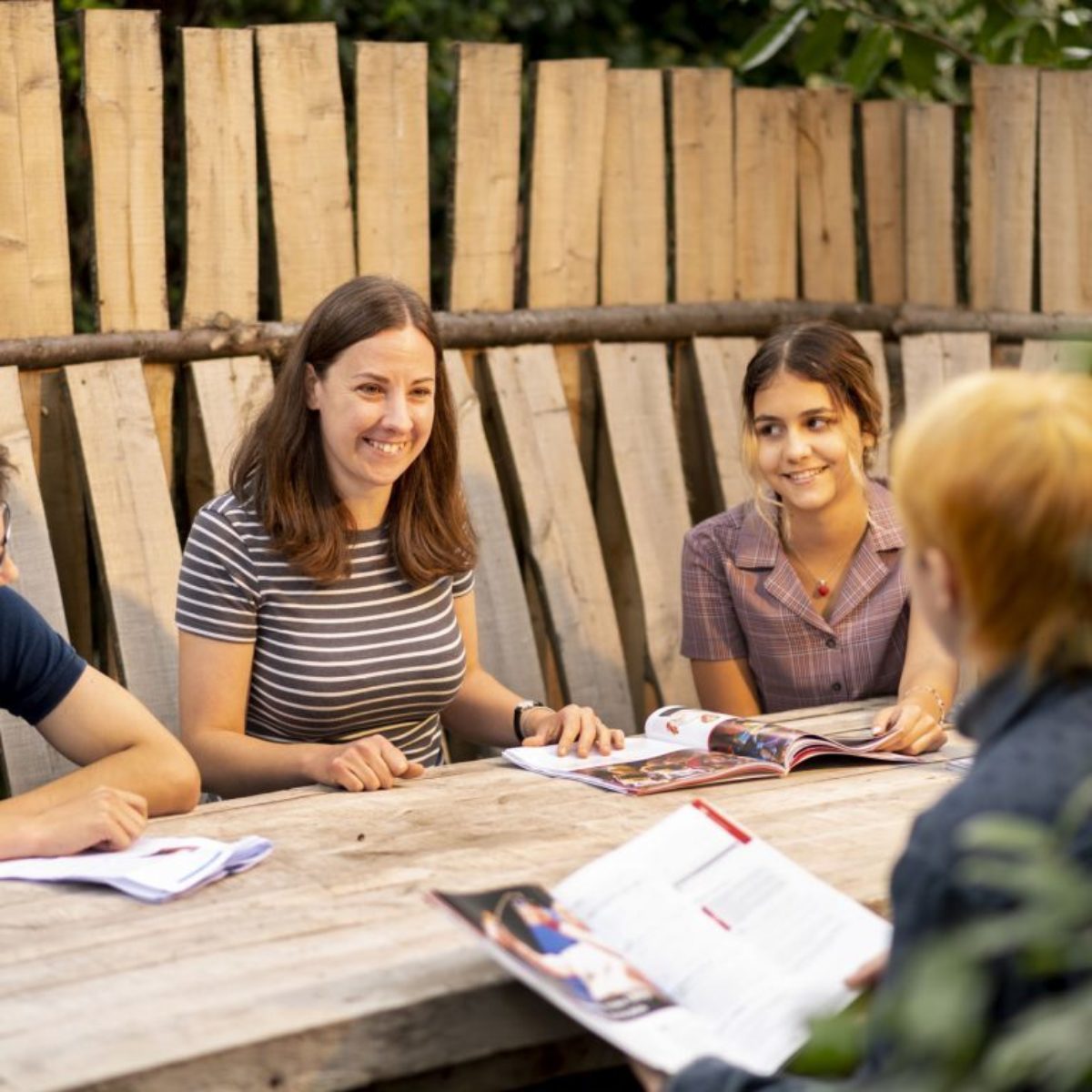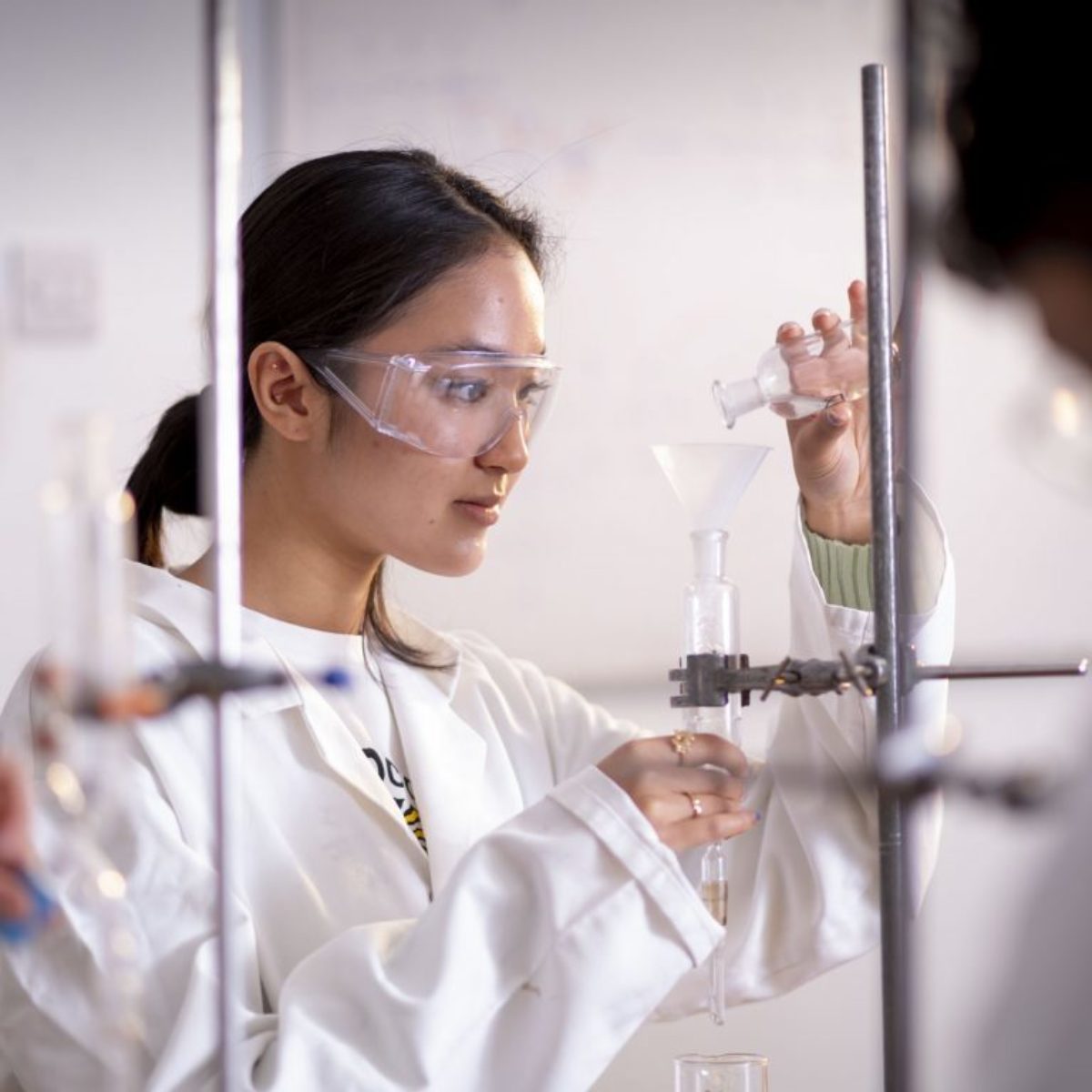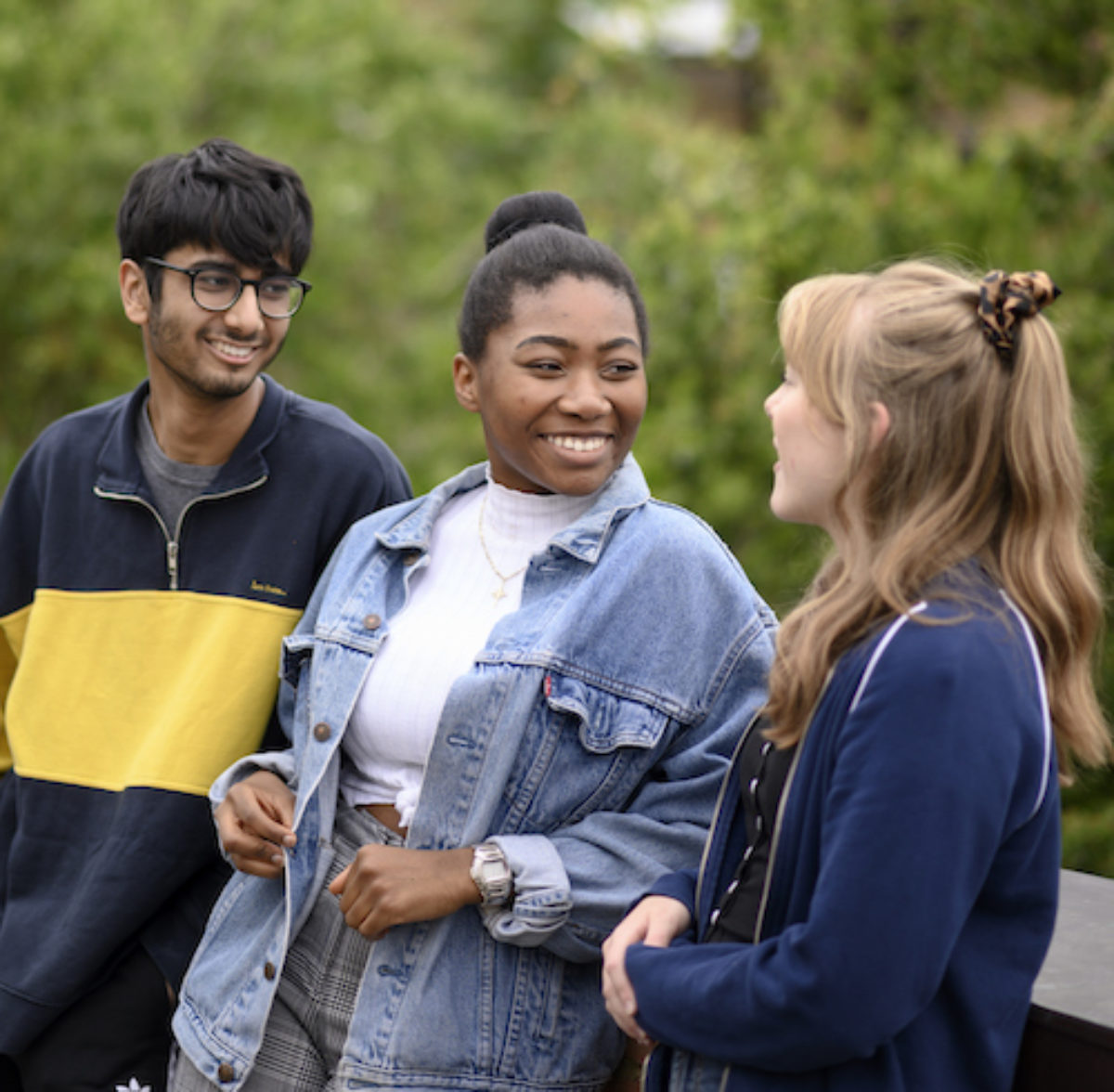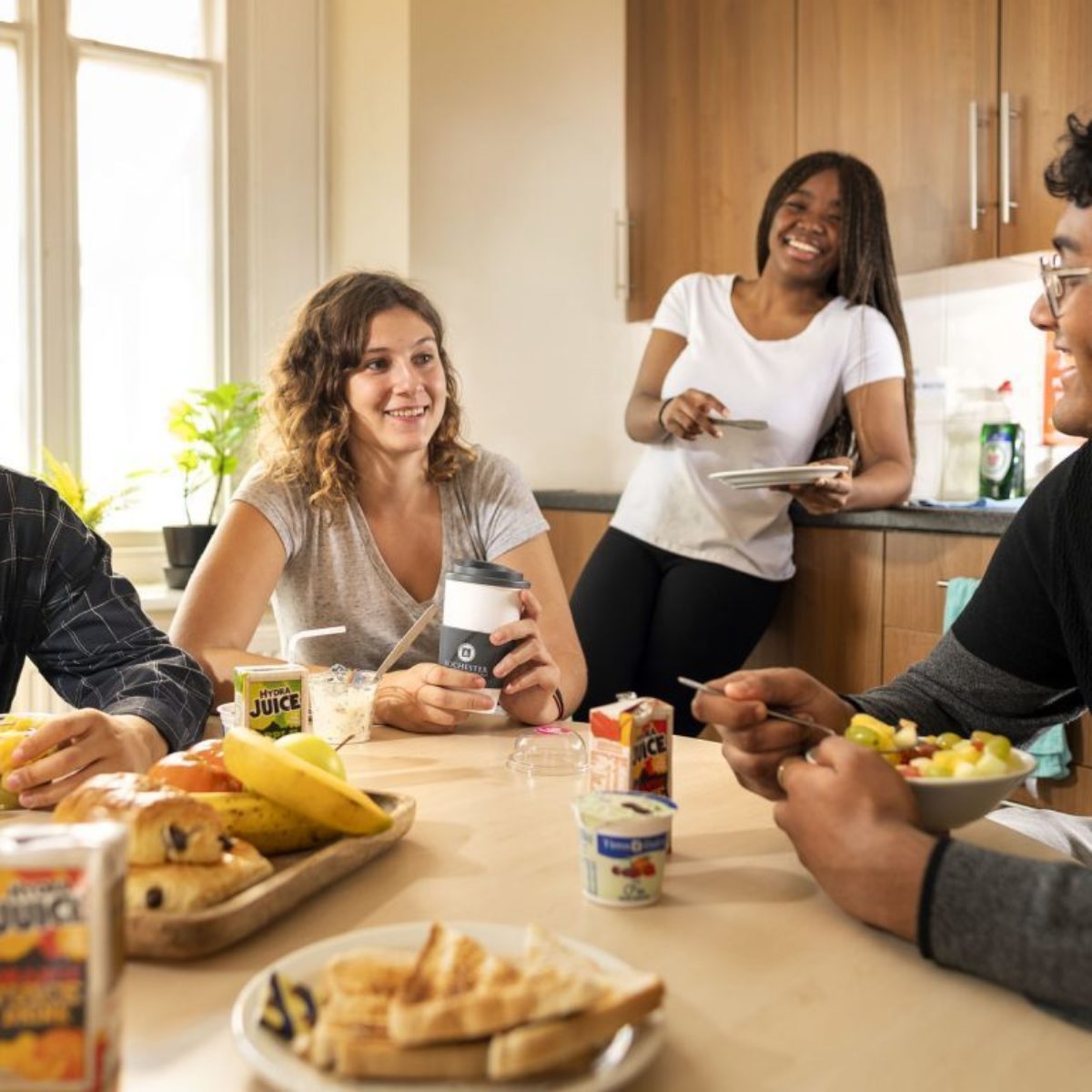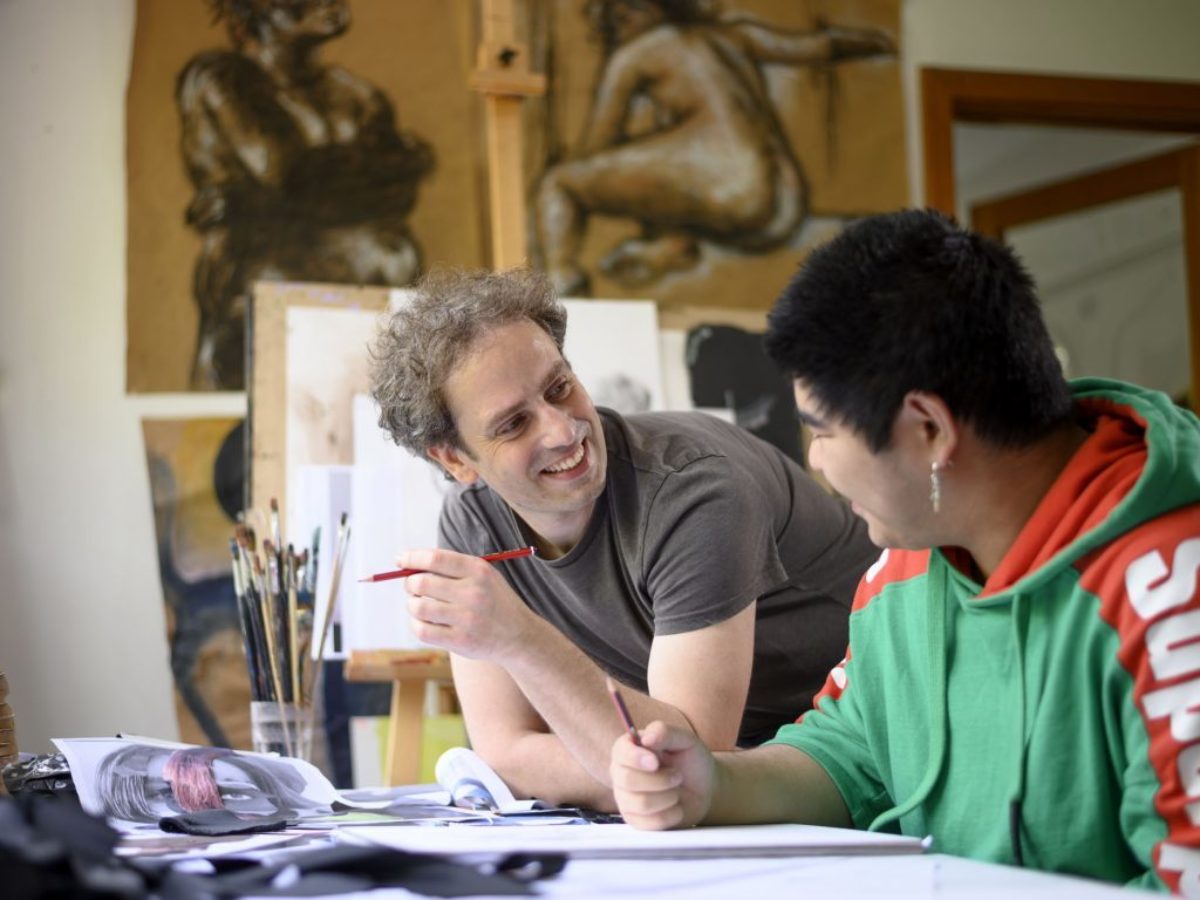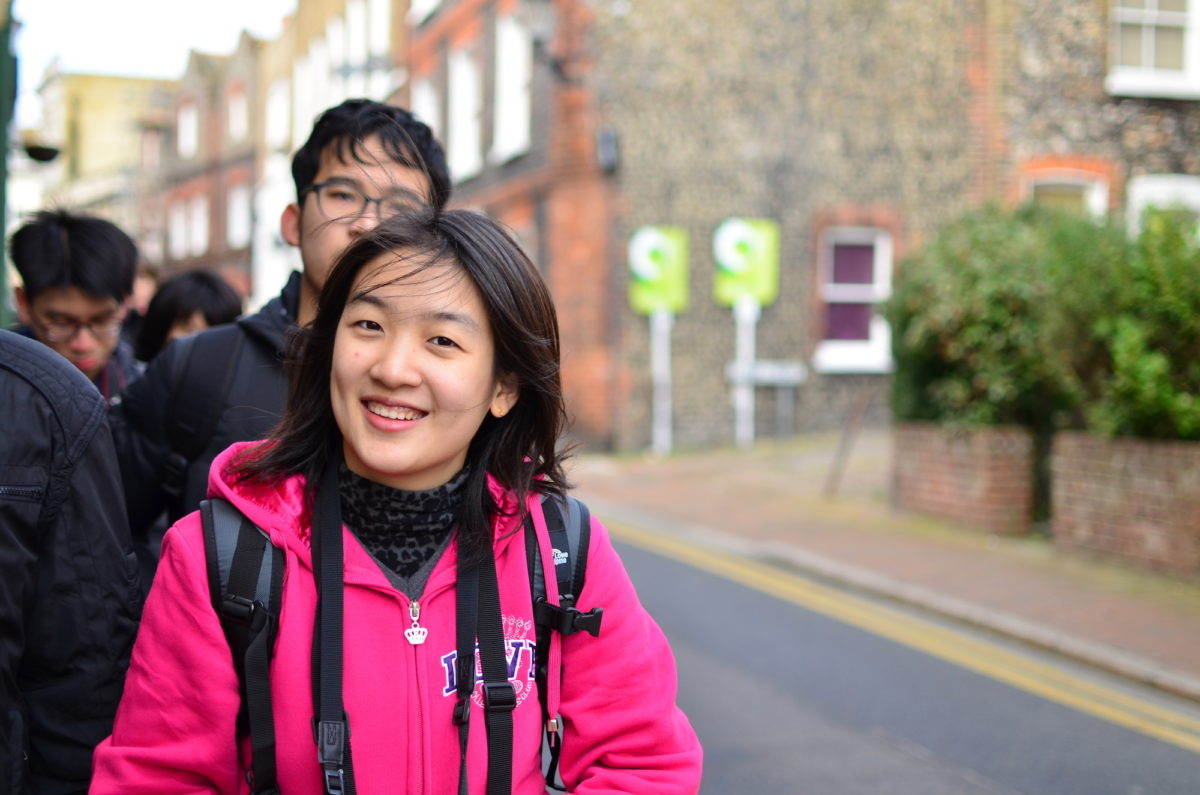Supporting Wellbeing Online: Rochester Learns From Students’ Success
While many students are dealing with the challenges of returning to in-person learning and boarding life after the disruption of the covid pandemic, there are significant numbers of international students who have not been able to travel to the UK for study this academic year. For very understandable reasons, including travel restrictions, health concerns, lack of flights, closure of visa centres and government institutions worldwide, these students are currently following their courses through supported distance learning online.
Obviously distance learning can present a range of well-recognised challenges in terms of academic teaching and learning. However, what is often overlooked is the way that online learning can impact on a distance student’s well-being and mental health. At Rochester Independent College, staff believe that a positive sense of well-being is essential to meaningful and successful learning and that this is as true for online learners, as it is to on-campus students. This belief is not only underpinned by years of experience at the college, in which personalised support for the learning journeys of individual students have been central to our ethos and at the heart of our pedagogy, but is also clearly supported by research which shows that cognitive engagement and academic achievement is undeniably dependant on the interplay between emotional engagement and school-related well-being (for example Pietarinen 2014).
The challenge for Rochester Independent College this year therefore, has been how to support the wellbeing of students who live thousand of miles away and often in a different time zone. Like many colleges in the UK, 2020 has taught us a lot about helping our students to thrive both academically and personally - pushing us to develop new tools and approaches that respond to the particular challenges of online learning in covid-times.
We have recently introduced the RIC Well-being Wheel, as a visual tool to help students understand how different aspects of their life-style and mindset can impact their emotional and cognitive engagement. This includes physical aspects (such as sleep, nutrition and exercise), learning (both within A-levels and extracurricular), emotions and mental health, spirit (awareness and connection with one’s self), a sense of community and belonging (relationships with others) and their vision for the future. Through guided discussions, personal tutors can support tutees to ‘map’ their own well-being and identify areas for potential positive change. We also hope that these kinds of guided reflections help foster a ‘growth mindset’ in our online learners, as well as resilience and the tools necessary for sustainable well-being long term.
Often, we take for granted that wellbeing awareness is learned tactitly through informal, personal interactions with school staff and peers, through lived experiences in a boarding community and in the classroom, or through day to day exposure to a school’s culture or ethos (Graham et al 2016). Distance students do not have the same opportunities to absorb this broader learning on wellbeing in the same way and so it is essential that we make this an explicit focus in our online teaching and learning practices, so that students understand the value of wellbeing and make space for it in their lives.
Take for example one of our year 12 Chinese students - let’s call her Lucy. Lucy has been making excellent progress with her online learning, despite considerable hurdles, including being an EAL learner, wifi connectivity issues and a significant time difference. Despite this, she has received consistently high praise from her teachers and always comes across with positivity and self-assurance in her meetings with her tutor. What was the secret of her success?
Talking through her personal well-being wheel, it emerged that this student was enjoying her subjects (all new to her this year) and was also finding time outside her studies to develop her baking skills. Through regular contact with her personal tutor, she had demonstrated that she was aware of her own emotional health and had positive coping strategies for self-care, most specifically looking after and even confiding in her two dogs. In terms of future vision, she found motivation in the prospect of realising her dream of studying in the UK. With her tutor, she was able to identify the ‘community’ element of her well-being as one that she needed help to strengthen and her tutor was able to suggest ways she could start making connections with others, even though she was a little lacking in confidence. She has now been put in touch with some of the on-campus students through the student-led ‘dischord board’ platform and can start to connect with some of the colleges groups and clubs online. Creating social opportunities for this student we hope to foster her self-esteem and communication skills - characteristics that should prove as advantageous in her academic journey, as they will in life.
When we reflect on positive online experiences like that of Lucy, it becomes apparent that wellbeing and success in online learning involves building a trusting, open relationship, not only with the learner, but on what we refer to as the ‘Team Around the Student’.
The Team Around the Student includes family, agents and sponsors, subject teachers and peers, with the student’s ‘personal tutor’ as the hub to coordinate communication and support. At Rochester, all of our students have a personal tutor to advise, guide and support them on their individual journeys. Our distance students are no different and meet regularly for one-to-one google meets to discuss all aspects of their learning .Students are also encouraged to reflect and keep track of their well-being. However, important as the tutor-tutee relationship may be, there are a wide range of other relationships that can help to sustain a student’s wellbeing online: their parents at home, their favourite subject teacher, the EAL support teacher or the agent or sponsor who is familiar with the family, the home culture and speaks their first language. These different members in a student’s ‘team’ can have different and invaluable perspectives on their well-being and personal circumstances.
At Rochester, we have found that, “when online learning really works, it is when there is good communication between the ‘team around the student’ and where time is invested to build trusting, effective relationships based on working toward a common goal”. Moreover, the student themselves should be aware of this cohesive team around them and needs to feel confident in knowing who they can turn to for wellbeing and academic support.
An excellent example of an effective ‘Team Around the Student’ approach, has been our Thai Scholars Programme. Since 1991, Rochester Independent College has welcomed many outstanding young Thai academics, who have secured prestigious places on this government funded programme in a national competition. The Thai government funds these exceptional students through their A levels at the College and then through top UK universities. Thai scholars return home, often after completing doctoral study, and go on to work in senior positions for the Thai government.
Unfortunately, this year, due to travel restrictions imposed in response to the covid-19 pandemic, our latest batch of Thai scholars have not been able to join us in person this academic year and instead are pursuing their A-level studies online. Despite the distance, the 7 hour time difference and the fact they are studying a second language, these exceptional young people have managed to outperform many students studying in-person here in the UK.
Although these scholars are undoubtedly high academic achievers, they have also benefited from an excellent, cohesive and dedicated ‘team around the student’ to support not only their learning, but also guide them in looking after their own wellbeing. Not only do these students communicate regularly with their personal tutor at Rochester about their learning, their passions and the ambitions for university and beyond, but both they and we are also in regular contact with their sponsors at the Thai embassy and their parents. These are students who proactively reach out to subject teachers to make us aware of potential issues and special interests. Their parents too are in regular contact with us to help give us the benefit of their lifetime of experience nurturing their son or daughter. This cohesive ‘team spirit’ is quite beautifully reflected in the UCAS personal statements of these students (many of whom are applying to Oxbridge colleges) - where the advice and perspectives of these different members of the team are brought together by the student to present a picture of them at their best.
It is fair to say that staff and students alike cannot wait for the day when we can be reunited on campus and where face-to-face teaching is once again a reality for all, but nevertheless our 2020 experience so far has reminded us of the central role wellbeing must play in successful teaching and learning. We are hopeful that new perspectives on wellbeing development and support, like our developing well-being toolkit and ‘Team around the Student’ approach will only enhance the educational experience for all students, when we do return to a ‘new normal’ in the near future.
Dr Louise Wheeler

